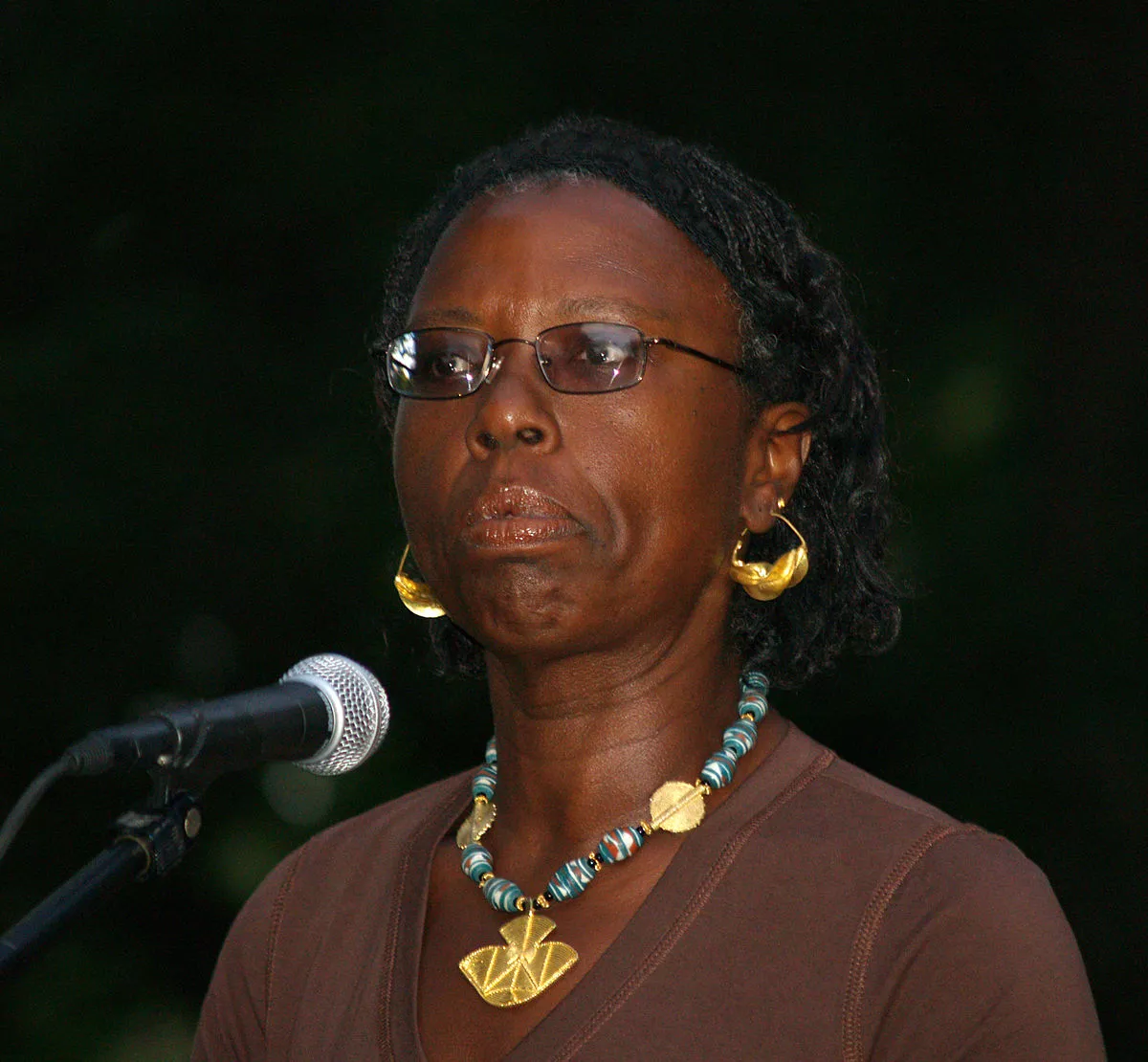 1.
1. Gloria Naylor was an American novelist, known for novels including The Women of Brewster Place, Linden Hills and Mama Day.

 1.
1. Gloria Naylor was an American novelist, known for novels including The Women of Brewster Place, Linden Hills and Mama Day.
Gloria Naylor's father became a transit worker; her mother, a telephone operator.
In 1963, Gloria Naylor's family moved to Queens and her mother joined the Jehovah's Witnesses.
An outstanding student who read voraciously, Gloria Naylor was placed into advanced classes in high school, where she immersed herself in the work of nineteenth-century British novelists.
Gloria Naylor decided to postpone her college education, becoming a missionary for the Jehovah's Witnesses in New York, North Carolina, and Florida instead.
From 1975 to 1981, Gloria Naylor attended Medgar Evers College and then Brooklyn College of the City University of New York, while working as a telephone operator, majoring in nursing before switching to English, earning her bachelor's degree in 1981.
Gloria Naylor began to avidly read the work of Zora Neale Hurston, Alice Walker, and other black women novelists, none of which she had been exposed to previously.
Gloria Naylor was an honorary member of Delta Sigma Theta sorority.
In 1989 Gloria Naylor was the Zale Writer-In-Residence at Newcomb College of Tulane University.
In 2009, Gloria Naylor donated her archives to Sacred Heart University.
Gloria Naylor died of a heart attack on September 28,2016, while visiting St Croix, United States Virgin Islands.
In 2019, Sapphira Wade, an unfinished manuscript from Gloria Naylor's archive, was published online and in African American Review.
Gloria Naylor won critical and popular acclaim for her first published novel, The Women of Brewster Place.
In that book, as in her successive novels, including Linden Hills, Mama Day, and The Men of Brewster Place, Gloria Naylor gave an intense and vivid depiction of many social issues, including poverty, racism, homophobia, discrimination against women, and the social stratification of African Americans.